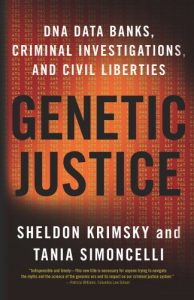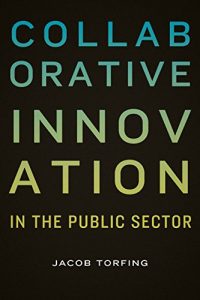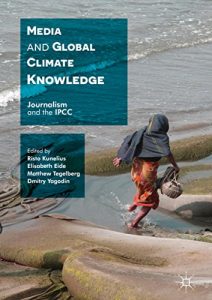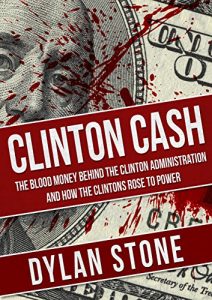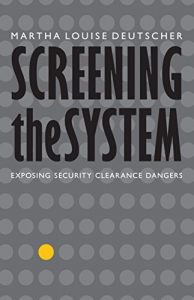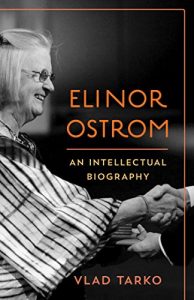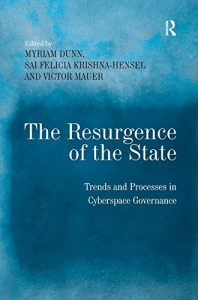I 99eBooks è una directory di eBook. Cerchiamo e classificato intorno alle eBooks Web per te!
Tutti i diritti riservati. I libri e libri elettronici sono di proprietà dei rispettivi proprietari.
Genetic Justice: DNA Data Banks, Criminal Investigations, and Civil Liberties
National DNA databanks were initially established to catalogue the identities of violent criminals and sex offenders. However, since the mid-1990s, forensic DNA databanks have expanded in some states and nations to include all people who have been arrested, regardless of whether they've been charged or convicted of a crime. The public is largely unaware of these changes and the advances in biotechnology and forensic DNA science that have made them possible, but we are beginning to realize that the unfettered collection of DNA profiles from innocent citizens has compromised our basic freedoms and rights.
Two prominent advisors on medical ethics, science policy, and civil liberties take a hard look at how the United States, Australia, Japan, and European countries have balanced the use of DNA databanks in criminal justice with the privacy rights of their citizenry. Sheldon Krimsky and Tania Simoncelli analyze the constitutional, ethical, and sociopolitical implications of expanded DNA collection in the United States and compare these findings to trends in other locations. They examine the development of legal precedent for taking DNA from juveniles, searching DNA databases for possible family members of suspects, conducting "DNA dragnets" of large local populations, and the warrantless acquisition by police of so-called abandoned DNA as they search for suspects. Most intriguing, Krimsky and Simoncelli explode the myth that DNA profiling is infallible, which has profound implications for criminal justice.
